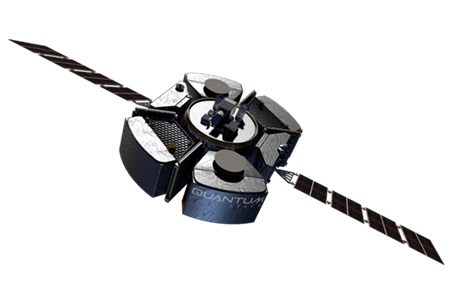NASA Selects Six Companies for Studies on Lower-Cost Spacecraft Delivery

NASA has chosen six companies to conduct studies aimed at exploring more cost-effective methods to launch and transport spacecraft of various sizes and shapes to challenging orbits.
The awards, amounting to approximately $1.4 million, consist of nine firm-fixed-price contracts. The recipients include Arrow Science and Technology, Blue Origin, Firefly Aerospace, Impulse Space, Rocket Lab, and United Launch Services.
Joe Dant, the orbital transfer vehicle strategic initiative owner for NASA’s Launch Services Program at Kennedy Space Centre, emphasized the importance of commercial space delivery capabilities in meeting NASA’s requirements for complex missions. He highlighted the potential to enhance scientific capabilities and reduce mission costs significantly.
Each of the six companies will conduct studies to investigate the use of orbital transfer vehicles in upcoming NASA missions. For instance, Arrow will collaborate with Quantum Space to explore the application of the Ranger spacecraft, which offers flexible payload delivery services for missions ranging from low Earth orbit to lunar orbit.
Blue Origin’s studies will focus on the development of the Blue Ring platform, designed for versatile payload delivery across various destinations using innovative propulsion technologies. Additionally, Firefly Aerospace’s Elytra orbital vehicles aim to support communication, imaging, and delivery services in cislunar space.
Impulse Space will explore the capabilities of its Mira and Helios spacecraft, offering mobility and deployment options for payloads in different orbits. Rocket Lab will investigate the potential of the Neutron rocket’s upper stage and an advanced orbital transfer vehicle based on the Explorer spacecraft.
United Launch Alliance will analyze the extended capabilities of the Centaur V upper stage for cislunar missions, enabling direct delivery of multiple spacecraft to specific destinations without additional vehicles.
The studies are expected to conclude by mid-September, providing valuable insights for NASA’s mission planning and launch strategies. The selection of providers through NASA’s VADR contract demonstrates the agency’s commitment to promoting innovation and cost efficiency in the commercial launch sector.




